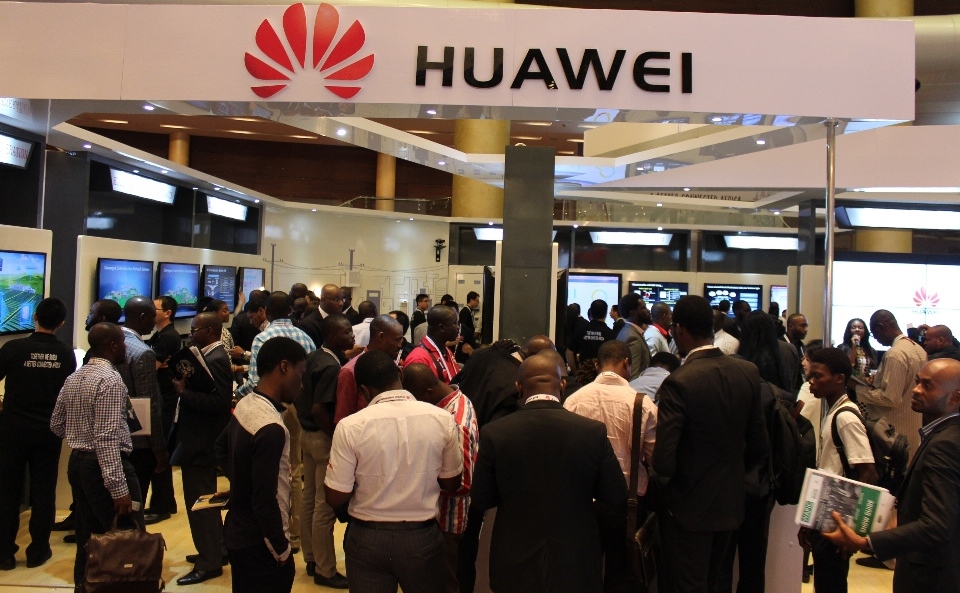Europe
Huawei ousted from heart of EU as Nokia wins Belgian 5G contracts

Orange and Proximus have picked Nokia to help build 5G networks in Belgium as they drop Huawei amid U.S. pressure to exclude the Chinese firm from supplying key telecoms equipment.
The moves are among the first by commercial operators in Europe to drop Huawei from next-generation networks and come after months of diplomatic pressure from Washington, which alleges Huawei equipment could be used by Beijing for spying.
The Belgian capital Brussels is home to the European Union’s executive body and parliament, making it a matter of particular concern for U.S. intelligence agencies.
“Belgium has been 100 per cent reliant on Chinese vendors for its radio networks – and people working at NATO and the EU were making mobile phone calls on these networks,” said John Strand, an independent Danish telecoms consultant.
“The operators are sending a signal that it’s important to have access to safe networks.”
Huawei [HWT.UL], the world’s biggest telecoms equipment supplier, strongly denies the U.S. allegations and has been highly critical of calls to ban it from 5G contracts.
However, the company said on Friday it accepted the decisions by Orange Belgium and Proximus, which confirm a Reuters report.
“This is the outcome of a tender organised by operators and the result of the free market,” a Huawei spokesman said.
“We embrace fair competition, the more diversified a supply chain the more competitive it becomes,” he said, adding Huawei had been supplying equipment in Belgium for more than a decade and its commitment remained unchanged.
The deals to supply radio gear to Orange Belgium and Proximus are a boost for Nokia, which struggled to make headway in the 5G market earlier this year even as Huawei was under pressure.
“I have tried to become RAN (radio access network) supplier to Orange Belgium since 2003 when the company was still Mobistar. Here we are, finally,” tweeted Tommi Uitto, president of Nokia Mobile Networks.
The companies did not disclose a value for the contracts.
Nokia shares were up nearly 3 per cent in early trading.
Orange Belgium and Proximus said Ericsson would supply the core of their 5G networks, a smaller slice of business.
EU members have been stepping up scrutiny of so-called high-risk vendors. This subjects Huawei’s governance and technology to critical examination and is likely to lead other European operators to strip it from their networks, analysts say.
Nokia and Ericsson have been the main beneficiaries of the challenges facing Huawei. From Bell Canada and Telus Corp in Canada to BT in Britain, the Nordic companies have been grabbing market share from the Chinese firm.
Separately, Nokia said it had won a contract to provide data management software to Telefonica UK, replacing an unidentified existing vendor.




 Davido's Net Worth & Lifestyle
Davido's Net Worth & Lifestyle 
